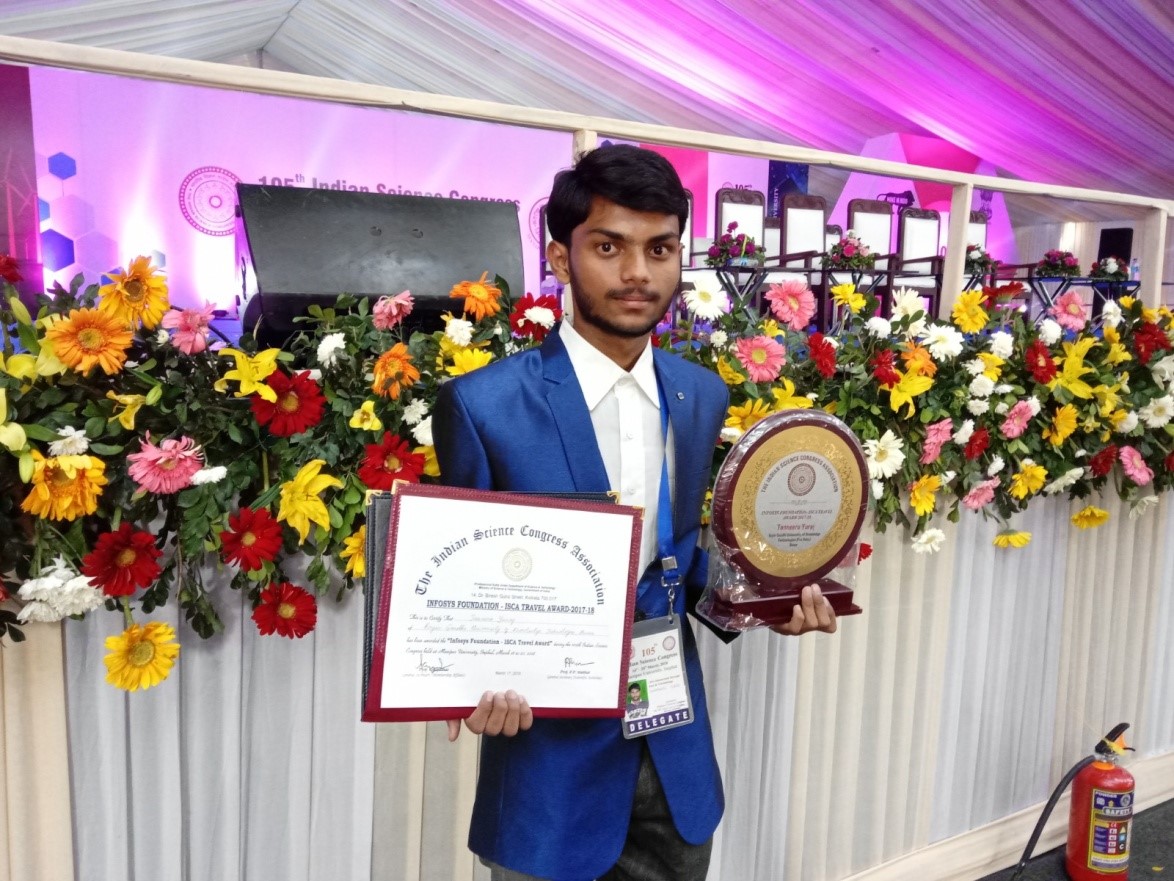
New Project to Develop Human Monoclonal Antibodies for Neutralizing SARS-Cov-2
- News
- 1.5K
The Council of Scientific and Industrial Research (CSIR), through its New Millennium Indian Technology Leadership Initiative (NMITLI) program, has approved a project towards the development of human monoclonal antibodies (hmAbs) that can neutralize SARS-CoV-2 in patients. This project on the generation of neutralizing human monoclonal antibodies as a therapeutic strategy will be implemented by a multi-institutional and multi-disciplinary team.
Monoclonal antibody therapy is a form of immunotherapy designed to produce immunity to a disease or to enhance resistance by the immune system. This new project aims to generate hmAbs to SARS-CoV-2 from the gradual recovery phase of COVID-19 patients and select high affinity and neutralizing antibodies. The project also aims to anticipate future adaptation of the virus and generate hmAbs clones that can neutralize the mutated virus so that could be readily used for combating future SARS-CoV infections.
This industry-academia collaboration comprises National Centre for Cell Science (NCCS) Pune; Indian Institute of Technology (IIT), Indore; PredOmix Technologies Ltd, Gurugram; and Bharat Biotech International Ltd (BBIL), Hyderabad. Vaccines and biotherapeutics maker BBIL is leading the project to develop human monoclonal antibodies (hmAbs) for COVID-19 infection. BBIL will be the commercial partner and responsible for subsequent development and commercialization of the hmAbs generated.
DG-CSIR, Dr. Shekhar C Mande commented that “As the research into SARS-CoV-2 is in early days and our understanding is evolving each day, it is critical that we deploy all possible strategies to combat the virus. Hence, CSIR is exploring all avenues and we are supporting new ideas which have clear deployment strategy”.
CSIR is leading the fight against COVID-19 using a multi-pronged approach and multiple models of engagement. CSIR labs themselves are developing technologies and products and are working with industry and public sector undertakings for deployment. NMITLI is a flagship program of CSIR aimed to support new ideas and projects from academic institutions and industries. (ISW)
If you liked this article, then please subscribe to our YouTube Channel for the latest Science & Tech news. You can also find us on Twitter & Facebook


